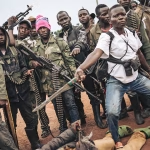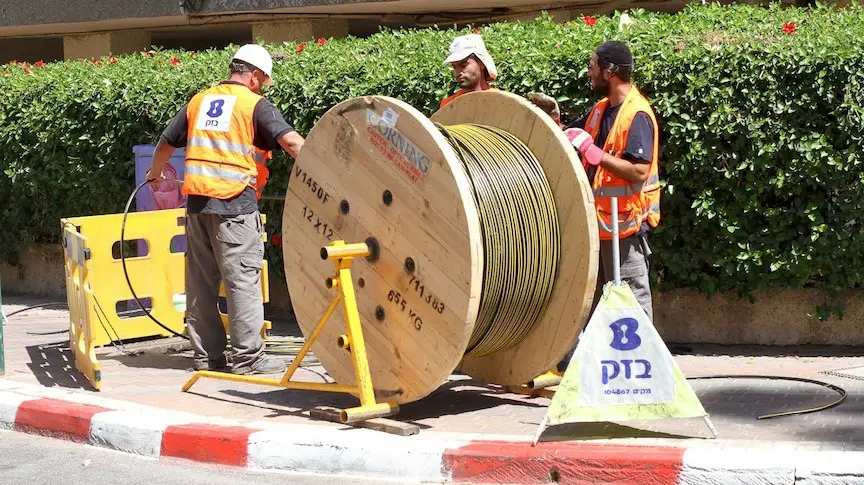Life in Neighbouring Burundi has increasingly turned unbearable and economists fear that the economy of this isolated East African member state is heading for collapse.
According to an independent media outlet Iwacu, Burundi people are constantly facing unprecedented rise in costs and shortages of; fuel, sugar, cement, medicines.
Some city dwellers, especially those living in areas not far from the city center such as Musaga, Bwiza, Nyakabiga, Buyenzi, no longer even think of taking the bus. “Tuharya i reggae! »: in the morning they walk to work and also walk home in the evening.
“We think about moving all the time. When we wake up in the morning, we think how to get around so as not to be late. We have to apologize to the chefs every day for the repetitive delays. Getting around is an obsession. At 3 p.m., we are already starting to think about these long lines in the city center. It’s revolting”, according to a resident of Kamenge.
In Bujumbura town You have to wake up very early in the morning to hope to find a bus and not be late for work. Every evening, long queues of passengers form in the car parks serving the different districts that make up the commercial city.
“Last week, I took a bus from Mirango at 6 p.m. Arrived at Gare du Nord, the driver told us that the bus does not have enough fuel to get there. But, he wanted to go back to town. I walked for 30 minutes to get home, ”says a resident of Mirango.
It has become very difficult for motorists to fill up their tanks at fuel stations. “As I can’t spend two or three days at a station, I decided to keep my car at home until the situation returns to normal,” said a resident of the Ngagara area.
According to details public transport vehicles are entitled to 15 liters while business-walking get 20 liters. “It is really disappointing to spend three or four days stuck at a gas station only to get an amount of fuel that cannot last for one day. This disrupts our work and public transport in general,” says a taxi driver. However, according to him, vehicles of certain personalities with purchase orders leave with full tanks.
It has also emerged that some government officials are making gigantic profits by supplying fuel to the black market. According to details, 20 litres of fuel on the black market cost between 200,000 and 250,000 BIF, which means that a litre can be bought around 10,000 BIF:
“As these executives present vouchers, they are the first to be served and can have full tanks. This worsens the shortage”. The population is calling on the authorities to order the managers of service stations to favour buses and taxis instead, providing public transport for the good of a larger part of the population.
According to economists quoted by local press, the Burundian economy is in danger of implosion.
Food Has become Very Expensive
In less than a month, the price of beans rose between 300 and 500 BIF. The price of corn has risen from 1800 BIF to 2000 BIF in some markets in the city of Bujumbura. Transporters and sellers blame it on the problem of transporting foodstuffs from the interior of the country to Bujumbura.
At the Cotebu market north of the city of Bujumbura, a kilogram of Kinure variety beans can be bought at 2,800 BIF while it was 2,300 last month. One kilogram of the Kirundo variety is at BIF 2,600 whereas it was at BIF 2,200 last June. Prices are the same at the Kinindo market south of Bujumbura city.
“There are plenty of beans inside the country. But the vehicles transporting foodstuffs do not have fuel oil. Some spend almost a week at service stations,” explains a food trader at Kinindo market.
He believes that prices are likely to rise further if this fuel problem is not resolved immediately. And to call on the public authorities to require service stations to primarily serve vehicles carrying food and those carrying out public transport.
However, Rosine Guilène Gatoni, the President’s spokesperson said on July 13 that Burundi has sufficient fuel stocks in Dar Es-Salaam in Tanzania; “A big challenge is its transport from Tanzania to Burundi. There are non-patriots who refuse to transport fuel when they have tanker trucks. Others import fuel and supply some of the service stations.”
She explained that her government is planning to purchase tanker trucks to ensure the import of petroleum products from Dar Es-Salaam and the construction of petroleum warehouses in Burundi.
Gatoni warned that businessmen who have received foreign currency to import fuel and who have not done so risk legal action.
Faustin Ndikumana, executive director of Parcem disagrees with Gatoni arguing; Burundians do not want fuel in Dar Es-Salaam, they want it in Bujumbura. “Do we import to store in Dar es Salaam or in Bujumbura. This is an argument that does not hold.”
Gabriel Rufyiri, president of Olucome blames the fuel shortage on these factors; lack of foreign currency, monopoly and poor governance.
“The government’s explanations change all the time. Sometimes it is JPS, sometimes transporters and non-patriots who have been given currencies that divert them. We have been observing this shortage since January 2022, is this still the carriers’ problem? For him, we give a market to the incapable. “How is it that we can give a market to a company that is not able to transport fuel to Burundi? The government is mortgaging the social and economic life of Burundians.”
J.K, a Burundian investor and entrepreneur, argues, “If the fuel in stock in Dar Es-Salaam belongs to the Burundian government, then in this case, the latter could duly cancel the contract which binds it to its current transporter and issue an international call for tenders to quickly engage the services of a transporter capable of transporting the fuel in question to Burundi. The solution is simple, but its implementation seems difficult for reasons that are, for now, mysterious.”
“After 2020, the new administration wanted to revisit the import of fuel, and distribute the import volume between several companies. Once again, the lack of transparency has characterized this dose of liberalisation, which gives rise to all forms of speculation. This could perhaps explain the opaque and uncredible discourse of the government.
“And to add:” There are also other aggravating factors, in particular the increase in national fuel consumption. A large and growing part of our electricity is generated from fuel. In 2022, we were at 37% of electricity production of thermal origin.”
The Executive Board of the International Monetary Fund (IMF) has just approved an Extended Credit Facility (ECF) of approximately USD 271 million with an immediate disbursement of USD 62.6 million. For many economists, it is a drop in the ocean of problems.











